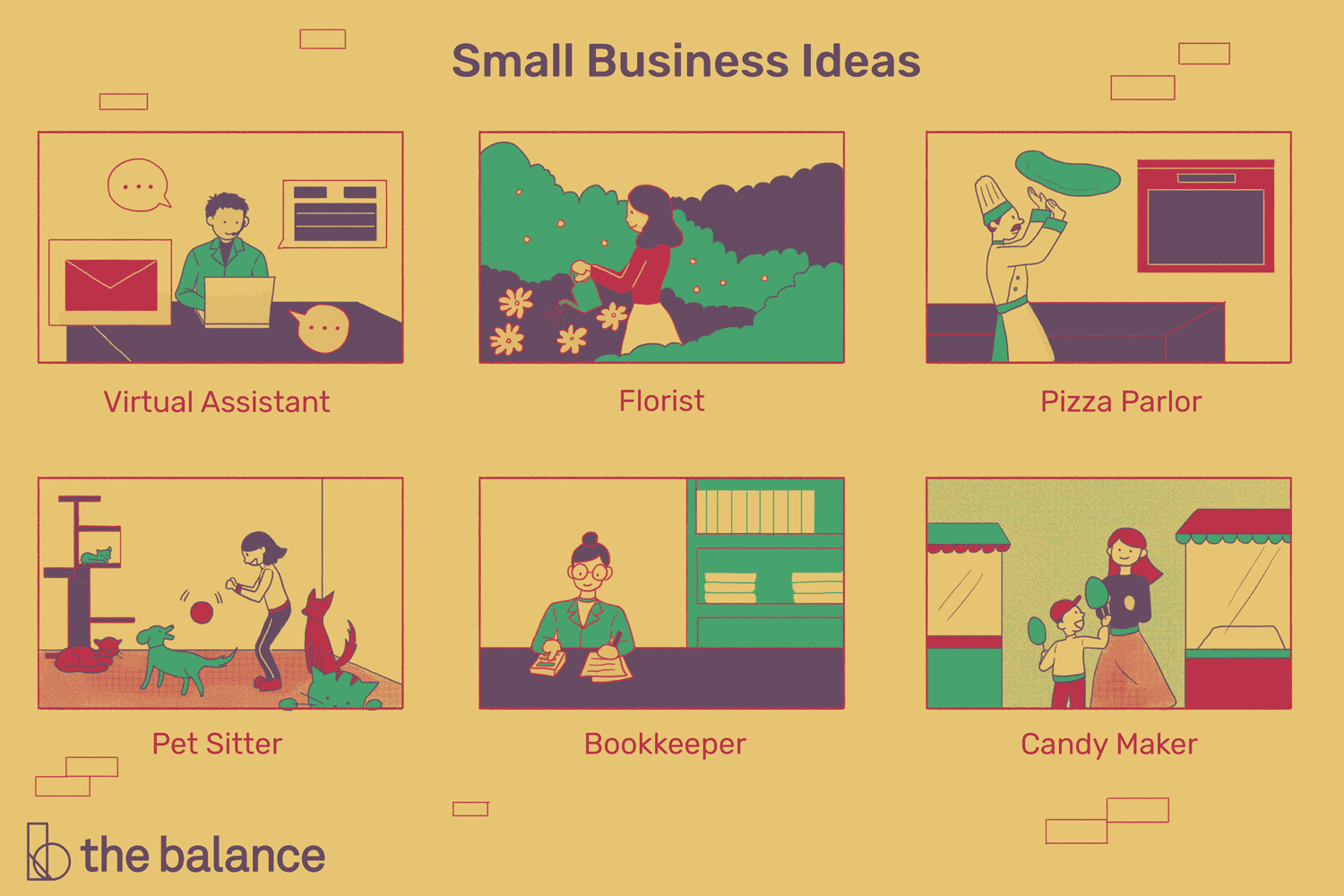In the ever-evolving landscape of business, identifying novel opportunities requires a keen understanding of both emerging trends and consumer needs. Entrepreneurs today are uniquely positioned to capitalize on the intersection of technology, sustainability, and consumer behavior shifts. Below, I outline several business ideas that are well-suited to the current market, leveraging disruptive innovations and evolving demands.
1. Sustainable Packaging Solutions
With growing environmental concerns and an increasing push for sustainability, businesses that offer eco-friendly alternatives to traditional packaging are poised for success. The global plastic waste crisis is forcing companies across industries to rethink their packaging strategies. Entrepreneurs can capitalize on this demand by creating biodegradable, compostable, or recyclable packaging materials. For example, biodegradable film made from seaweed, edible packaging, or plant-based plastics present viable alternatives to conventional materials.
Moreover, there is significant room for innovation in the design of packaging itself—especially for industries such as food, cosmetics, and e-commerce. Customization and scalability will be crucial, as different industries will have specific packaging needs, making this a highly adaptable business idea.
2. Remote Work Solutions
The COVID-19 pandemic accelerated the shift toward remote work, and it is clear that this trend will persist long after the immediate crisis. Remote work tools and solutions are now indispensable for businesses looking to maintain productivity and foster collaboration. Entrepreneurs can develop a variety of software solutions, ranging from project management tools to virtual team-building platforms and communication applications tailored to remote workers.
Furthermore, businesses that provide remote work infrastructure, such as ergonomic home office equipment, noise-canceling technologies, and high-quality video conferencing solutions, stand to benefit greatly. As remote work becomes a permanent fixture in the global business environment, the need for effective solutions will continue to rise, creating vast opportunities for innovation.
3. Health and Wellness Tech
The wellness industry is experiencing exponential growth, fueled by a growing awareness of mental and physical health. Entrepreneurs with a background in technology and health science can capitalize on the integration of these two fields through the development of wearable health devices, mental wellness apps, or AI-powered fitness coaching platforms.
Wearables that track sleep patterns, monitor blood pressure, and even offer real-time feedback on stress levels are increasingly in demand. Additionally, digital platforms that help individuals manage mental health through guided meditation, therapy sessions, or stress-relief exercises are becoming essential tools in people’s daily lives. As more consumers seek to improve their well-being, there will be significant opportunities for businesses that combine health, fitness, and technology in innovative ways.
4. AI-Powered Personalization
Artificial Intelligence (AI) is revolutionizing customer experiences across industries. By harnessing machine learning algorithms, entrepreneurs can create AI-powered personalization engines that enable businesses to deliver tailored experiences in real time. From personalized shopping recommendations in e-commerce to bespoke content curation on digital media platforms, AI’s potential to drive customer satisfaction is immense.
This could extend to industries like hospitality, where AI can recommend vacation destinations, lodging, and activities based on individual preferences and past behavior. Entrepreneurs can develop AI-driven tools that integrate with existing platforms to enhance customer interactions, streamline processes, and improve service delivery, all of which are becoming essential differentiators in competitive markets.
5. Electric Vehicle (EV) Charging Infrastructure
The global transition toward electric vehicles is inevitable, driven by both government regulations and consumer preferences for sustainable transportation. While EV adoption increases, there is a growing need for charging infrastructure, particularly in urban areas and along major travel routes. Entrepreneurs can build and operate EV charging stations, or develop software solutions to optimize charging networks.
Moreover, the charging infrastructure business has several components, such as building charging stations, offering subscription-based services for fast-charging solutions, or creating mobile apps that help EV owners locate nearby charging points and manage their energy consumption. These ventures are expected to grow as electric vehicle adoption accelerates and the need for charging facilities expands globally.
6. Smart Home Automation
The demand for smart home devices continues to rise, as consumers look for ways to enhance comfort, convenience, and energy efficiency within their homes. Entrepreneurs can explore business opportunities in designing and manufacturing advanced smart home technologies, such as automated lighting, security systems, and energy-saving appliances.
With advancements in the Internet of Things (IoT), smart homes are becoming more interconnected. This opens up opportunities to develop integration platforms or apps that allow homeowners to control various smart devices from a single interface. Additionally, offering installation, maintenance, and customization services for smart home systems can be a lucrative business venture as the market expands.
7. EdTech and Online Learning Platforms
The education sector is undergoing a transformation with the rapid growth of e-learning platforms. Entrepreneurs with expertise in education or technology can create scalable online learning platforms that cater to niche markets, such as professional development, certifications, or skill-building courses.
With advancements in virtual reality (VR) and augmented reality (AR), the potential to create immersive learning experiences is greater than ever before. Moreover, AI-driven personalized learning pathways are revolutionizing education by allowing students to learn at their own pace and according to their individual learning styles. Whether in K-12 education, higher learning, or corporate training, EdTech presents a wealth of opportunities for innovation.
8. Food Delivery and Meal Kits
The demand for food delivery and meal kit services has skyrocketed in recent years, and it shows no sign of slowing down. Entrepreneurs can create niche meal delivery businesses that cater to specific dietary preferences or local cuisines, offering convenience and customization. Additionally, the growing interest in plant-based and health-conscious food products presents opportunities to create specialized meal kits that focus on vegan, gluten-free, or low-carb options.
Meal kits and prepared meal services are popular due to their time-saving nature, and consumers are looking for new ways to enjoy restaurant-quality meals in the comfort of their homes. By leveraging technology to streamline ordering, delivery, and customer service, businesses can tap into a lucrative and rapidly expanding market.
Conclusion
As we look toward the future, entrepreneurship will continue to be shaped by advancements in technology, societal shifts, and global challenges. The business ideas outlined above represent just a few of the many opportunities that lie ahead. By understanding market trends, embracing innovation, and staying responsive to consumer needs, entrepreneurs can position themselves to succeed in a dynamic business environment. The key to success in today’s market is adaptability—finding unique ways to add value to people’s lives while staying ahead of the curve in a rapidly changing world.


